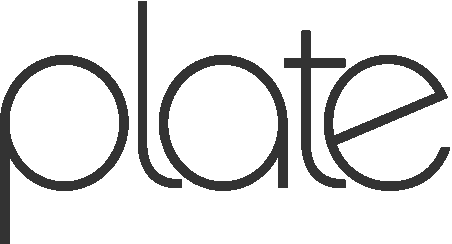Blogs
Ask Jon: What’s the Best Way to Interview a Line Cook?
Dear Jon: What are some good interview questions for line cooks? I’ve been burned before where cooks talk a big game in the interview and then can’t cook their way out of a paper bag.
These days, some chefs are so desperate for cooks that the interview might go something like this: “Can you cook? When can you start?”
Let’s take a step back and think about the purposes of an interview...

